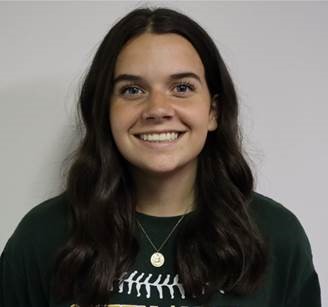Globally, countries lose trillions of dollars in wealth due to inequality experienced by marginalized groups. Exclusionary policies and beliefs not only lead to missed opportunities, but also perpetuate injustices for millions of underserved people. By focusing efforts on reconciling this, we can empower voices that were left behind, creating a more diverse and innovative workforce. Everyone benefits from the creation of new market opportunities, demand for goods and services, and economic expansion. This in turn generates resilience in the face of other challenges like climate change, and improves quality of life, reducing poverty internationally.
Inclusive development can be complex to achieve. Structural inequalities are often interwoven into governmental policies and social hierarchies, requiring concentrated efforts from a number of institutions to facilitate growth. Thankfully, our charity partners are working toward minority group development by creating educational opportunities, promoting gender-inclusive politics and entrepreneurship, facilitating economic chances for incarcerated people and their families, and ensuring the voices of the underserved are heard.
Continue reading to learn how our charity partners — American Jewish World Service, The Salvation Army World Service Office, ChildFund International, Free the Slaves, and Prison Fellowship International — are working at both the community and governmental levels toward a more sustainable, inclusive future. Next, recognize their efforts with a donation to these charities to help them continue their work around the world.
American Jewish World Service
In Senegal, women were largely excluded from politics until recently. A collective of women activists that AJWS supports, Association des Juristes Sénégalaises (AJS), has worked to change this — and is shifting Senegal’s entire political landscape in the process.
In 2010, Senegal passed a gender parity law, requiring political parties to ensure at least half of their candidates are women, guaranteeing equal access to decision-making bodies. When parties and election officials refuse to comply, AJS takes legal action to enforce the law. While AJS has worked to advocate for the law’s full implementation, they’re also addressing the other end of the equation: training more women community leaders to step up and run for office.
AJS calls the initiative “The Feminization of Politics.” It has trained 150 women across Dakar in leadership and government, and today, many are involved in local politics and have assumed both elected and appointed positions.
One Senegalese woman who has stepped into leadership with AJS’ support, Ndeye Khady Diagne, says proudly: “We will be the ones to let other women know: You have the ability. You have the strength. Now come and take your power.”
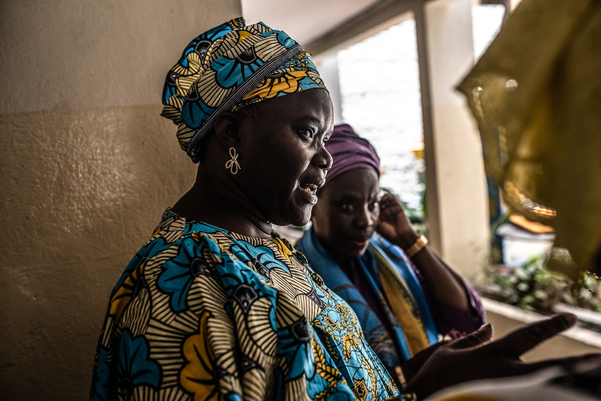
The Salvation Army World Service Office
Women in rural Kenya face a variety of challenges. Lack of educational opportunities places them at high risk of becoming victims of human trafficking and illness, and their children are vulnerable to early childhood marriage.
That’s what the The Salvation Army’s WORTH program, a microfinance banking and skills training program aimed at rural women, seeks to address. Women not only gain access to a system of savings and loans that empower them to become entrepreneurs and leaders in their communities, but also learn the skills they need to take advantage of those resources and succeed. Many use their newfound skills to become business leaders and employers in their communities, providing opportunities for their friends and neighbors and strengthening their own local economies. Some even form partnerships and start new ventures together. And success breeds more success — members are asked to commit a portion of their income earnings to the group savings account, which in turn offers loans to other participants to start their own businesses. The interest earned is then given back to the women in the group.
Phanice, a woman in her early 50s, once shared a tiny grass house with her 15 children. She bought her first pigs with a WORTH loan, which she now raises and sells for a profit. Her success has led to a larger, more comfortable home for herself and her children, who now regularly eat three healthy meals every day. She plans to start additional businesses and hopes for her children to receive university educations. “WORTH has transformed my life,” she said. “WORTH is a light — it brought light into my home.”
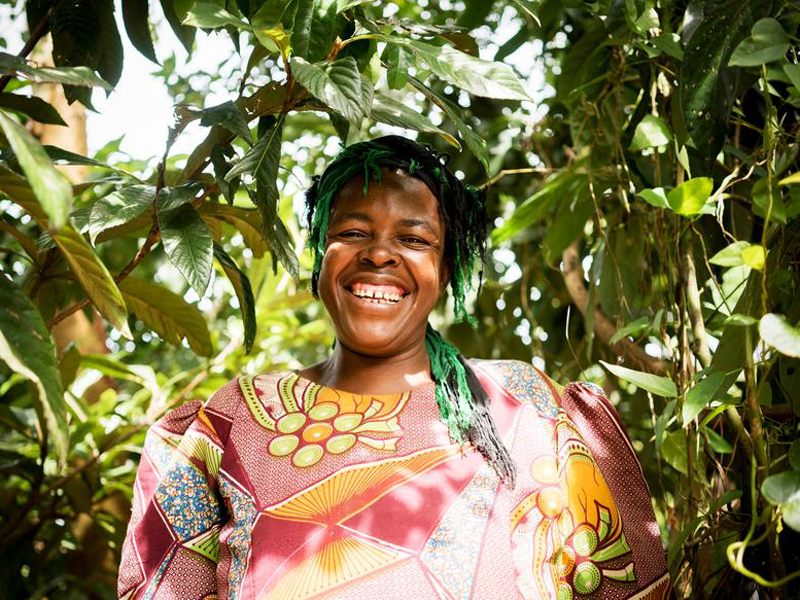
ChildFund International
Families living in the Palorinya Refugee Settlement in northern Uganda have fled conflict and upheaval in neighboring South Sudan, seeking a safe haven. They are assigned a plot of land to build a home and grow a small vegetable garden. However, life is far from easy. Many child-headed households exist in the settlement, as caregivers leave to find food or work elsewhere, leaving children vulnerable to gender-based violence and violations of their rights.
ChildFund is working to address these challenges by providing child-friendly spaces for children. These compounds include classrooms, improved toilets, and playgrounds, providing a safe place for children to learn and interact, giving them a better chance at stability in the future.
Rose is one of the many children who have benefited from ChildFund’s work. Her family, consisting of her two brothers and herself, receives small food rations from WFP each month, but it’s never enough to keep them well-fed. Rose had to start working odd jobs like washing clothes, farming, and fetching water to provide for her siblings. She couldn’t attend school like other children her age, but she worked hard to ensure that her brothers could go to school.
After a visit from her local Male Action Group, a partner of ChildFund, Rose decided to return to school. They told her that getting an education can help herself, her family, and their future. This opportunity facilitates resilience and economic improvement for these communities, helping work toward an inclusive future.
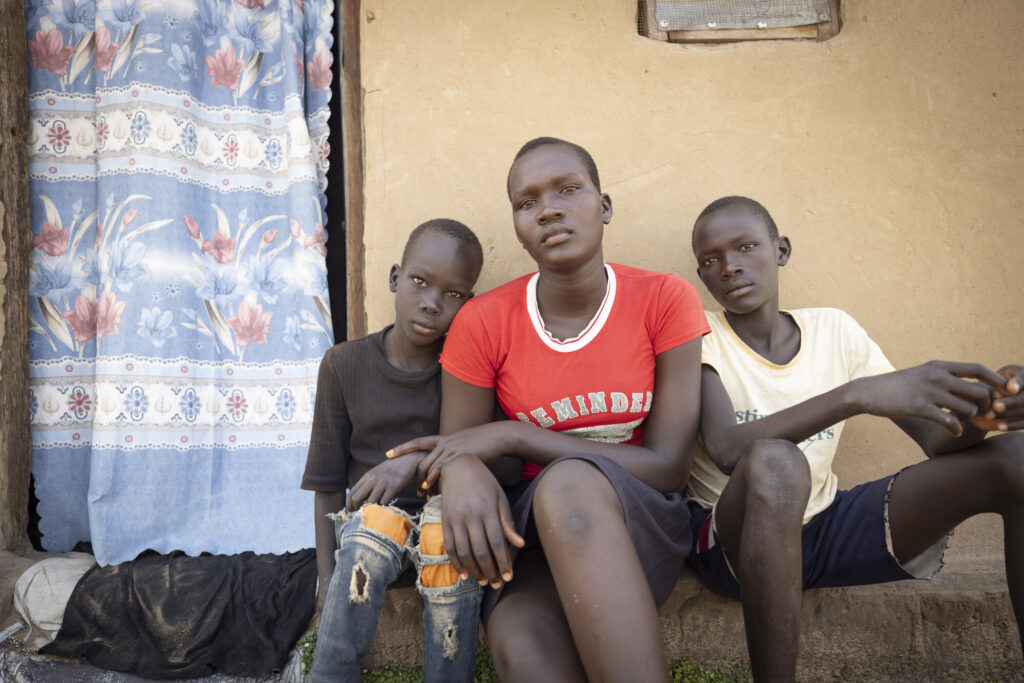
Free the Slaves
In the fight against modern slavery, collaboration is paramount. Nowhere is this more evident than in the efforts of Free the Slaves in East and Central Africa, where partnerships between civil society organizations and the government are paving the way for impactful change.
As part of guiding the Kenyan government toward becoming a Pathfinder Country, Free the Slaves has maintained a strategic collaboration with a leading international organization specialized in labor issues. Together, they collaborate discreetly to ensure that survivors’ and stakeholders’ voices are heard and integrated into the development of initiatives aimed at combating child labor, forced labor, modern slavery and human trafficking.
At the core of Free the Slaves’ mission is survivor engagement. Through initiatives like the Alliance 8.7 program, survivors are provided platforms to share their stories, advocate for their rights, and lead the fight against slavery. This empowerment not only restores survivors’ agency but also ensures their perspectives shape decision-making processes. One participant said, “As much as we knew we were survivors, we didn’t know we had the capacity for leadership in us until we were chosen to be one of the survivor representatives.”
Free the Slaves not only invests in building the capacity of local civil society organizations but also encourages these organizations to create opportunities for survivors within their structures. Recognizing the potential and expertise of survivors, Free the Slaves actively involves them in planning and running activities during workshops and events in East and Central Africa.
By building bridges, empowering survivors, and fostering collaboration, they are making significant strides in the fight against modern slavery and toward inclusive development.
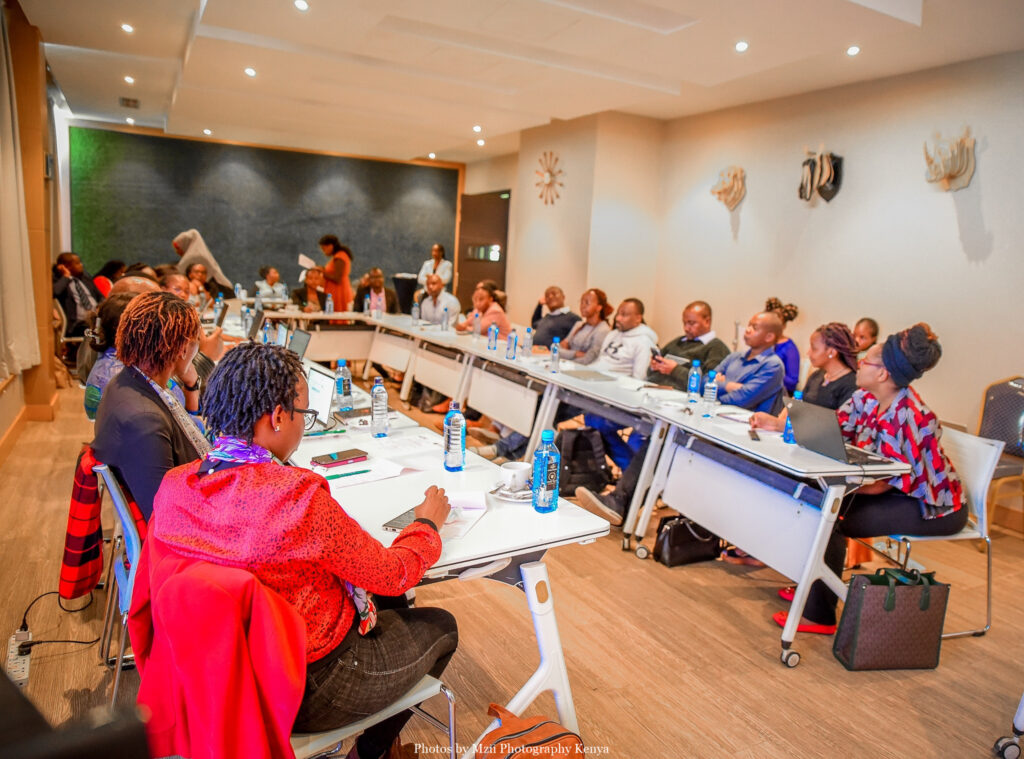
Prison Fellowship International
In the bustling streets of Nselema, a humble kitchen once held the dreams of Ethel, a passionate cook hoping to provide for her child despite her husband’s incarceration. Ethel’s specialty? Mandasi — golden, fluffy, and fragrant doughnuts, loved by locals.
Ethel’s culinary skills were unmatched, but her ambitions were confined within the walls of her kitchen. With limited resources, she struggled to expand her mandasi business beyond her neighborhood. That all changed when her child was enrolled in The Child’s Journey and received a monetary gift to support the family. Upon a thorough assessment, Ethel and the caseworker agreed to invest the funds into her mandasi business.
Armed with newfound capital, Ethel transformed her modest kitchen operation into a full-fledged mandasi enterprise. The impact was immediate and profound. With upgraded equipment and ingredients bought in bulk, Ethel’s production skyrocketed. During market days, she makes sure that she triples the number of mandasi she makes to meet the demand.
Ethel’s commitment to quality and customer satisfaction has earned her a loyal following. Her mandasi has become synonymous with excellence, drawing customers from far and wide.
Ethel’s story demonstrates how Prison Fellowship International builds a foundation for families to thrive and equip them for self-sufficiency upon their reunification with their incarcerated loved one.
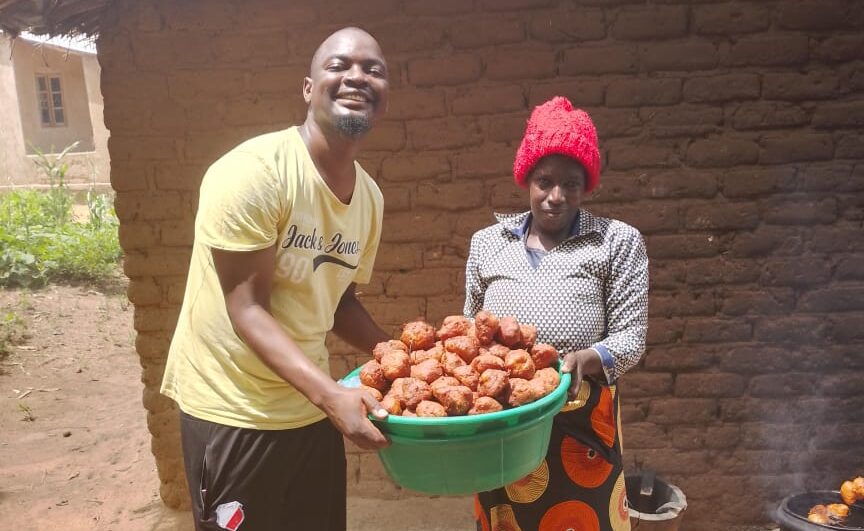
To continue the work toward a more inclusive future, make a donation to one of these five charity partners in your workplace.

